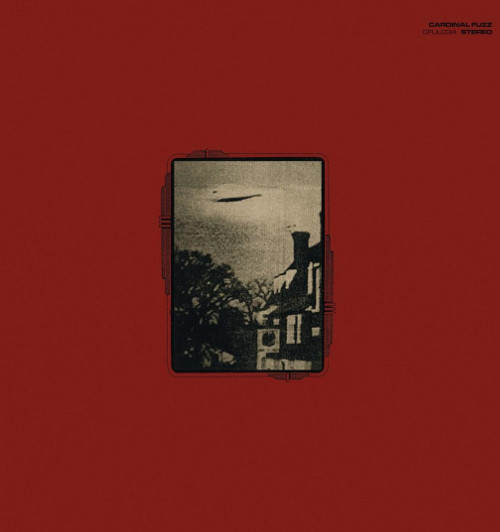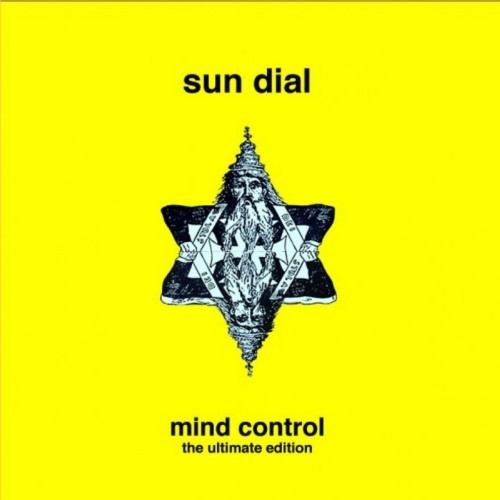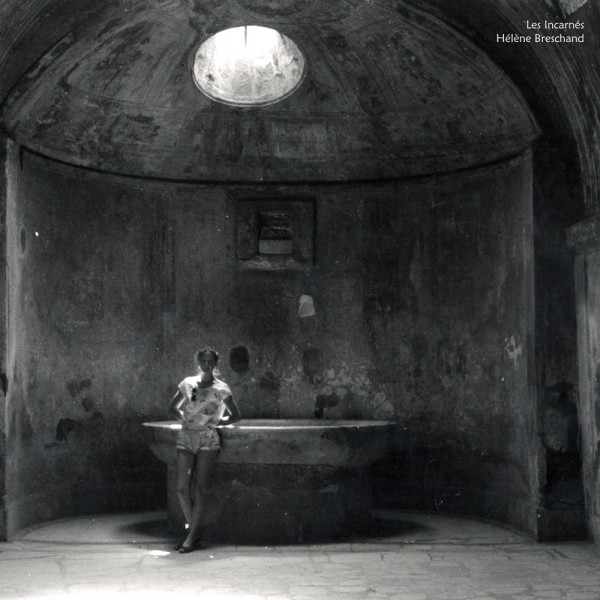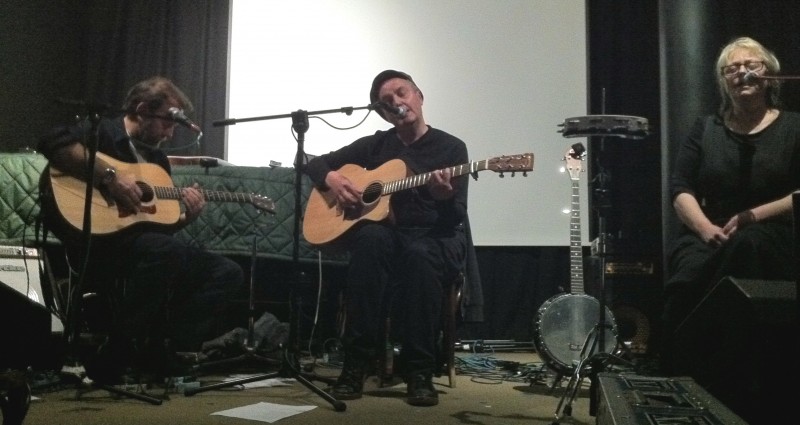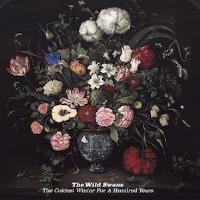 Paul Simpson is the Adam Adamant of the music world, a gentleman adventurer awoken from a twenty year slumber to find himself in an unfamiliar world that both disgusts him and spurs him into action. The Coldest Winter for a Hundred Years finds him back to resolve unfinished business, sparking his swordstick on the banes of modern life and fearlessly banishing its villains with deftly soaring melodies.
Paul Simpson is the Adam Adamant of the music world, a gentleman adventurer awoken from a twenty year slumber to find himself in an unfamiliar world that both disgusts him and spurs him into action. The Coldest Winter for a Hundred Years finds him back to resolve unfinished business, sparking his swordstick on the banes of modern life and fearlessly banishing its villains with deftly soaring melodies.
It came as a surprise then, in 2009 when a brand new Wild Swans 10” record English Electric Lightning turned out to be the best single since… well probably “The Revolutionary Spirit.” Three comeback gigs followed in Liverpool, where a new line-up showed us just what those old songs were really meant to sound like, along with a follow up single “Liquid Mercury” and now the long, long, long awaited third album. Although the new recordings feature original keyboard player Ged Quinn, his current life as a successful artist prevents his full time commitment to the group, but he provides all the artwork for the new releases and remains a Wild Swan in spirit. The new group is a dream combination, featuring the twin guitars of Brian Jonestown Massacre’s Ricky Maymi and Spiritualized’s Michael Mooney underpinned by original Echo & the Bunnymen bassist Les Pattinson. Drummer Steve Beswick and keyboardist and studio wizard Richard Turvey are no slouches either.
Album opener “Falling to Bits “calls out to all corners of the nation and every strata of society, enlisting an army of arsonists to cleanse the land. A sparsely arranged micro-overture, it is one of several list songs on the album – a format well suited to Simpson’s lyrical approach, the biblical and mythological imagery of old giving way to a more direct but equally poetic style. His voice too is more relaxed and unaffected, and all the more effective for it. “Liquid Mercury” follows, the single version further enhanced by an achingly beautiful slide solo from Michael Mooney; a perfect counterpoint to Paul’s bittersweet memories of the early days of the band in their £8 a week rented rooms in Rodney Street. “Chloroform” is one of the album’s many highlights, Ricky Maymi’s claustrophobic layers of chiming guitars anaesthetising the uncomfortable connections between Paul’s family’s wartime suffering and his own love of vintage military clothing.
This finely tuned balance is the heart of the album’s success – each jaded complaint is tied to a melody of hopeful beauty and every whimsical reverie is underpinned by an austere groove. Nowhere is this more apparent than in closing track “The Bluebell Wood,” a rant at the pernicious effect of Tesco and their malignant ilk, carried on an unfeasibly beautiful tune into a soaring chorus that manages to include the word “quintillions,” before dissolving into a coda that paraphrases Queen Elizabeth I’s last words: “All my kingdom for a moment more.” “The Bluebell Wood” may possibly be the album’s best song, but its beating heart is still “English Electric Lightning,” here in slightly different mix to the single, featuring Ged Quinn’s original piano part. The ultimate list song, it brilliantly encapsulates the state of the nation, cataloguing icons good and bad – Vulcan bombers, Johnny Rotten, urban foxes, happy slappers, cash converters, Geoffrey Chaucer, Sun reporters, Douglas Bader… and even managing to rhyme “Meccano” with “Thatcher sinking the Belgrano”… how genius is that? If England ever secedes from the union, “English Electric Lightning” will be the only rational choice for a national anthem.“My Town,” on the other hand is unlikely to ever be adapted as Liverpool’s official anthem. Set to a jaunty tune that wouldn’t be out of place on a Lily Allen record and envisaged as the album’s ‘atypical novelty hit,’ the song lists the lost attractions that made Liverpool so great before it was melted down and recast as a bland and soulless consumer hell. “My town used to fill my head with wonder/now it fills me with disgust” proclaims Simpson before lamenting the loss of Blacklers Grotto, Planet X, The Psychic Truth Society, Deaf School gigs, Lucky Bags, Aunt Twacky’s, Albert Stubbins… The song pulls off being hilarious and poignant at the same time. Where “My Town” mourns the loss of the old Liverpool, “Lost at Sea” gets personal and sees Paul conversing with lost companions. Original Wild Swans bassist James Weston and Paul’s own seafaring father turn up with messages from beyond… and maybe the group’s original benefactor Pete DeFreitas makes a guest appearance as well.
The album doesn’t contain a weak moment; three potential filler tracks from the sessions being relegated to a supplementary EP Tracks in Snow. Available from the Occultation website, these leftovers actually turn out to be far more worthwhile in their own right than most of today’s media-proclaimed ‘classics’. The only contemporary band that occupy similar territory are British Sea Power, who share a fondness for soaring melody, chiming guitars and archaic Britishness. It would be nice to think that BSP’s not insubstantial audience might pick up on their spiritual forefathers and give The Wild Swans their long overdue mass recognition.
In “When Time Stood Still,” Paul remembers two distinct periods as defined by his playlists of the time; Raw Power, Aladdin Sane and Transformer giving way to Live at the Witch Trials, Horses and Little Johnny Jewel. The Wild Swans have not only finally lived up to their initial promise, but have made a record to stand alongside the formative classics listed in “When Time Stood Still.” At times nostalgic, curmudgeonly and self-mythologising, The Coldest Winter for a Hundred Years could have been a leaden whingefest in the hands of mere mortals. Happily, in the deft alchemical hands of Paul Simpson and the Wild Swans, it turns out to be a total masterpiece of doomed romanticism – unarguably the greatest record ever to emerge from Liverpool.The clarity and directness of the album, beautifully recorded by Richard Turvey, makes you long for the group to return to the studio to re-record the old 80s repertoire, but I guess messing with history is seldom a wise move. Perhaps a live album could fulfil the purpose? The only downer is that the album succeeds so completely that there’s a danger The Wild Swans might see it as ‘mission accomplished’ and walk off into the sunset once more… I most certainly hope not.
-Alan Holmes-
